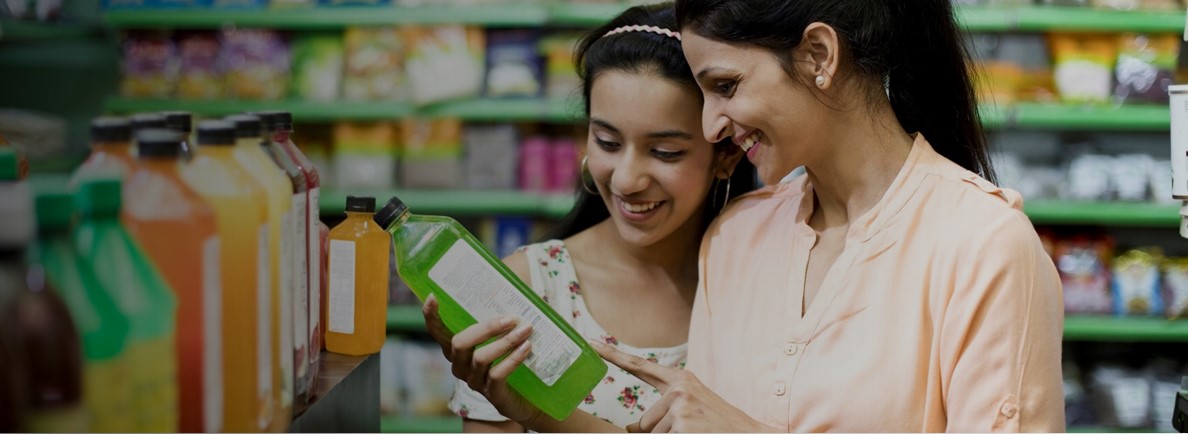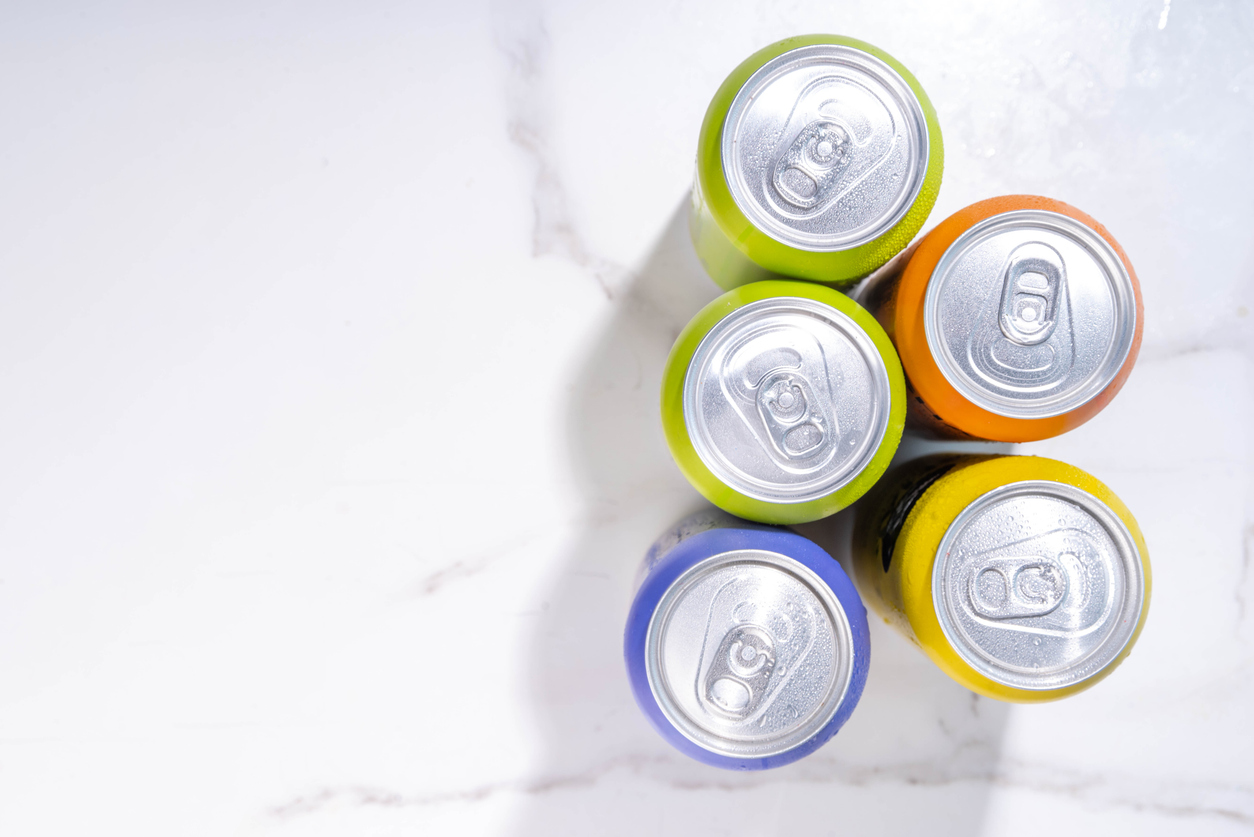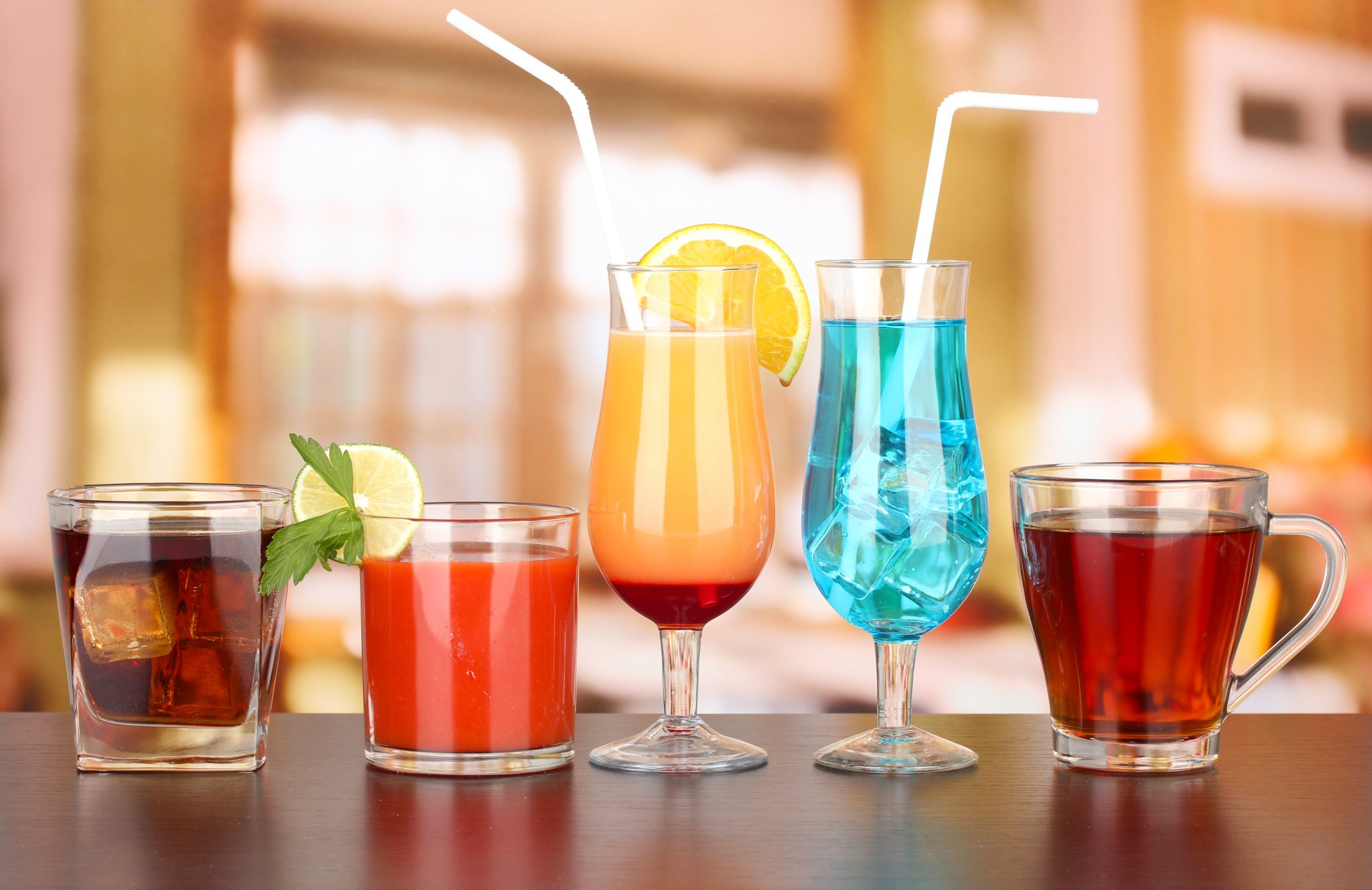
Beverages
Refreshing the world with sustainable beverage solutions
Shaping the Future of Beverages with Healthier, Cleaner, and Low Calorie Choices
Technological integration, health-conscious choices, and an emphasis on authenticity mark the transformative phase of the beverage industry. From AI-created energy drinks to plant-based wellness alternatives, flavored whiskey, low-calorie beer, and artisanal teas, each trend reflects the dynamic and responsive nature of the industry. These cutting-edge initiatives serve as a testament to the evolving landscape of the beverage industry, where technology and innovation converge to redefine the boundaries of product creation. As consumer preferences continue to evolve, the beverage landscape is set to witness further innovation and adaptation, setting the stage for a future defined by diverse and sophisticated beverage choices.
Industry Trends
Beverages Trends
Personal Care Ingredients into Drinks
Postbiotic Drinks
Spray Drink
Immune Boosting Coffee
Personal Care Ingredients into Drinks
As personal care consumers are becoming conscious about their looks, the ingredients in drinks are also getting innovative, which is triggering and trending personal care ingredients into the drinks market. It is redefining beauty, well and cosmetic health for consumers and pushing the market. Interestingly, the global nutricosmetics market is projected to rise at a CAGR of 9 percent annually with explosive growth. Also, the market is estimated to go beyond USD 8 billion in the coming years. Businesses can develop science-backed products to resonate with consumers’ demands, draw the market’s attention, and grow their horizons. Investors can pounce on the opportunity to support scalable business models with innovative companies.
How Can We Help?
There is an imminent need to look out for regulatory and consumer behavior disruptions in the food and beverage industry. These changes hugely impact geography, product categories, technological adoption, and innovation on every level. Continuous monitoring is needed to interpret these disruptions and potential associated to these trends, threats, and opportunities. We largely focus on trend analysis, consumer preferences, globalization. trade, regulatory changes, environmental scanning, sustainable practices, stakeholder engagement, innovation, experimentation, adaptive strategies, and risk assessment. Stellarix’s food and beverage consulting services empower companies with substantial rationale for strategic innovation, R&D, investment, and business decisions.
ExploreRising sustainability pressures, regulatory constraints, and various long-term trends are pushing the food & beverage industry to a critical juncture. R&D and innovation are the keys to differentiating offerings across the food, beverage, and nutrition value chain. Our food & beverage consulting team is helping companies navigate the maze of innovation opportunities in this domain. From developing clean label products to restructuring value chains, analyzing market sentiment, or aligning portfolios to changing consumer demands and management complexity, we are here to answer every question that the future may hold for you. We establish clear priorities and indulge in services including ethical sourcing and sustainability, market testing and launching, reformulation, cross-functional collaboration, and product development.
ExploreIdentifying the patterns amidst the heterogeneous value chains, channels, players, and consumer behavior in the food and beverage industry is difficult. The battle between meeting consumer expectations and sustaining success is constant for both established and emerging players. Our food & beverage consulting experts are helping companies prepare strategic responses to market shifts, consumer perspectives and counter the intensifying competition. To meet the needs and aid businesses, we render services including growth strategy, expansion plans, price strategy, regulatory compliance, distribution channels, product development, and market analysis.
ExploreSustainability outweighs regulatory compliance for the food and beverage industry. The biggest requirements include strategic response to regulatory developments, balancing product designs, ingredients, and consumption with present and upcoming sustainability imperatives while creating a solid foundation of narratives for further environmental claims and reporting. As a trusted food and beverage consulting firm, Stellarix has helped organizations with precise, nuanced guidance on aligning their product portfolios with the rapidly evolving regulatory and business landscape. We also inculcate supply chain sustainability, carbon footprint reduction, sustainable product development, consumer education, and engagement for the required outcome.
ExploreCo-man and partner identification is a tricky maze of product development, regulatory compliance, financial forecasts, proprietary recipes, labeling, and processing logistics. It requires in-depth market and business analysis experience and excellence. Our interdisciplinary food and beverage consulting services help companies negotiate the best co-man agreements and identify the most suitable partners for a strong competitive edge in specific niches and domains. We lend research & networking, supplier referrals, quality control, flexibility, capacity, investors and partnership complementary expertise, and communication to clients to achieve their goals.
ExploreThe emergence of personalization and sustainable business practices has established some new business goals like alternative ingredients, local sourcing, circular economy, and automation. It has also accelerated the need to identify innovative technologies, applications, scaleups, and startups impacting the food and beverage industry. Our food and nutrition consulting team is helping global players with startup scouting and benchmarking with deep market research analysis and actionable insights. We identify trends, do competitive analysis, find product range, and work on brand identity, distribution and sales, marketing & sales, financial planning, operation, and logistics to place the client in a commanding position in the market.
ExploreOur Experience

Overview Study- Hydrolyzed Vegetable Protein Processing
A global F&B leader consulted Stellarix for a comprehensive review of key processing parameters and the physico-chemical properties of the raw materials used in HVP production. Stellarix’s expertise enabled the client to make strategic sourcing decisions and implement optimal technologies, thereby enhancing its value chain and overall competitive position. Client Background: A worldwide leader in […]

Technology Scouting: Traceability for Aquaculture and Agricultural Products
A client sought sustainable traceability solutions for aquaculture and agricultural products. The comprehensive competitive and market assessment by Stellarix provided the client with a better understanding of the top providers of sustainable and accurate traceability solutions. Client Background: The client sought providers of traceability systems for aquaculture and agricultural products that were sustainable, efficient, and […]

Technology Scouting – Melatonin Alternatives
A renowned F&B company partnered with Stellarix to seek melatonin alternatives to navigate the changing regulatory landscape in Brazil. The strategic guidance and recommendations provided by F&B consultants facilitated the identification of next-gen alternatives, helping the client strengthen its market foothold amidst the changing regulatory and market landscape in Brazil. Client Background: The client is […]
Client Queries Addressed
Q1. How can companies incorporate functional ingredients, such as vitamins, minerals, and antioxidants, into beverages without compromising taste? Q2. What are the opportunities for developing beverages that cater to specific dietary needs, such as low-calorie, low-carb, or high-protein options? Q3. How can companies balance the need for enhanced nutrition with consumer demand for natural and clean-label ingredients? Q4. What role does consumer education play in promoting the health benefits of nutritionally enhanced beverages? Q5. How can companies ensure that the added nutritional benefits of their products are effectively communicated and perceived by consumers?
Q1. What are the opportunities for developing energy drinks with natural caffeine sources and lower sugar content? Q2. How can companies innovate in flavor and functionality to differentiate their energy drinks in a competitive market? Q3. What are the potential health concerns associated with energy drinks, and how can companies address them through product formulation? Q4. How can companies navigate regulatory challenges related to the ingredients and marketing of energy drinks, particularly with younger consumers? Q5. What role does sustainability play in producing and packaging energy drinks, and how can companies integrate it into their product lines?
Q1. What are the most promising ingredients, such as adaptogens and nootropics, that can be used to formulate mood-enhancing and cognitive health beverages? Q2. How can companies ensure the efficacy and safety of these ingredients while meeting regulatory standards? Q3. What strategies can be employed to educate consumers about the benefits and potential effects of mood and cognitive health drinks? Q4. How can companies differentiate their products in a market increasingly focused on mental well-being and cognitive performance? Q5. What are the potential challenges in consumer acceptance and perception of mood drinks, and how can companies address them?
Q1. How could shifts in consumer preferences toward clean label and natural ingredients affect the demand for sugar-reduced beverages? Q2. What impact could new entrants or startups, particularly those focused on innovative sugar alternatives, have on the competitive landscape? Q3. How might changing agricultural practices and supply chain dynamics influence the availability and cost of natural sweeteners? Q4. What are the risks and opportunities associated with emerging health trends, such as the keto or low-carb diet, on the demand for reduced-sugar beverages? Q5. How can companies use horizon scanning to identify and mitigate potential market disruptors before they gain traction?
Insights
See All
Articles

Articles

Blogs

Articles